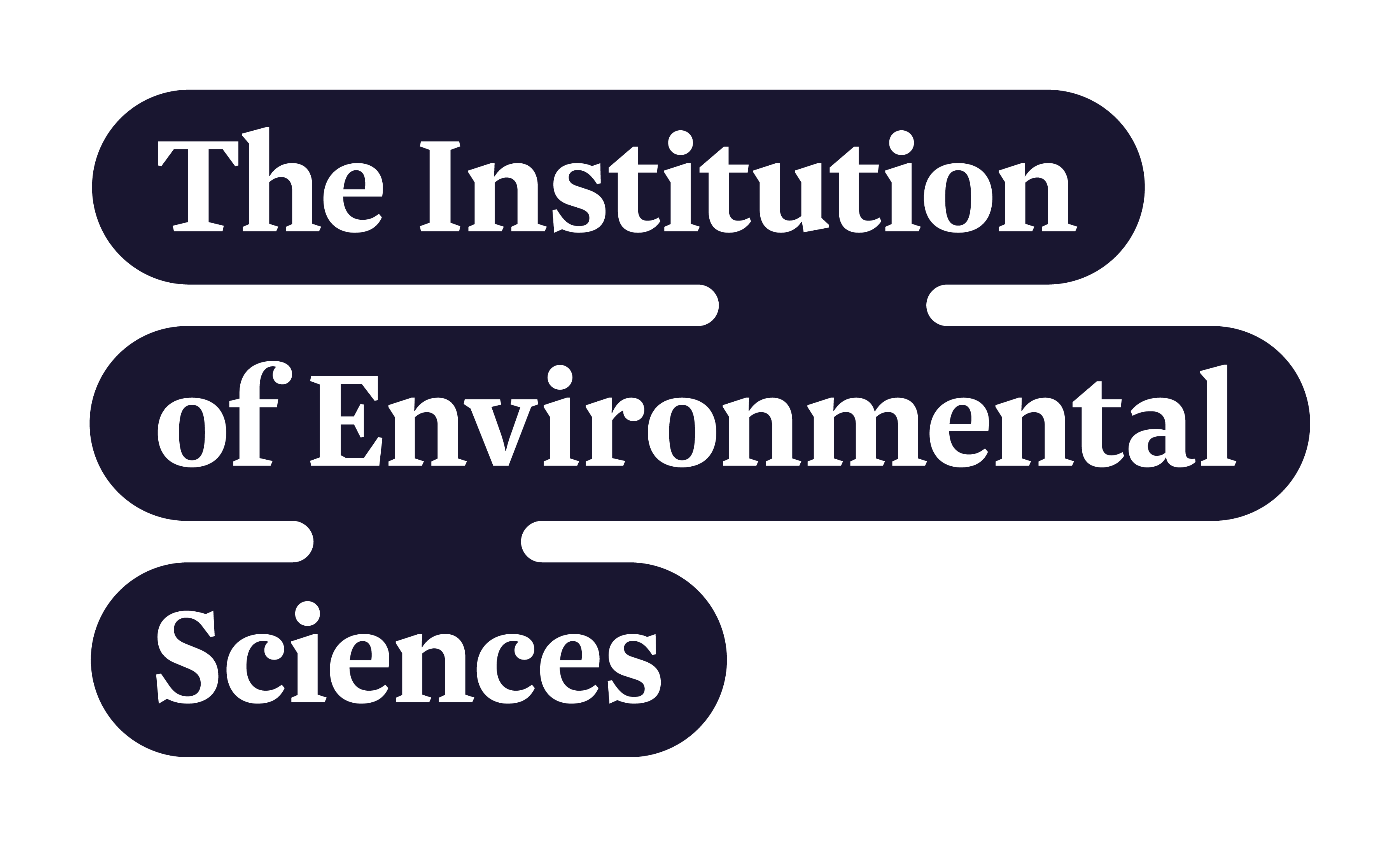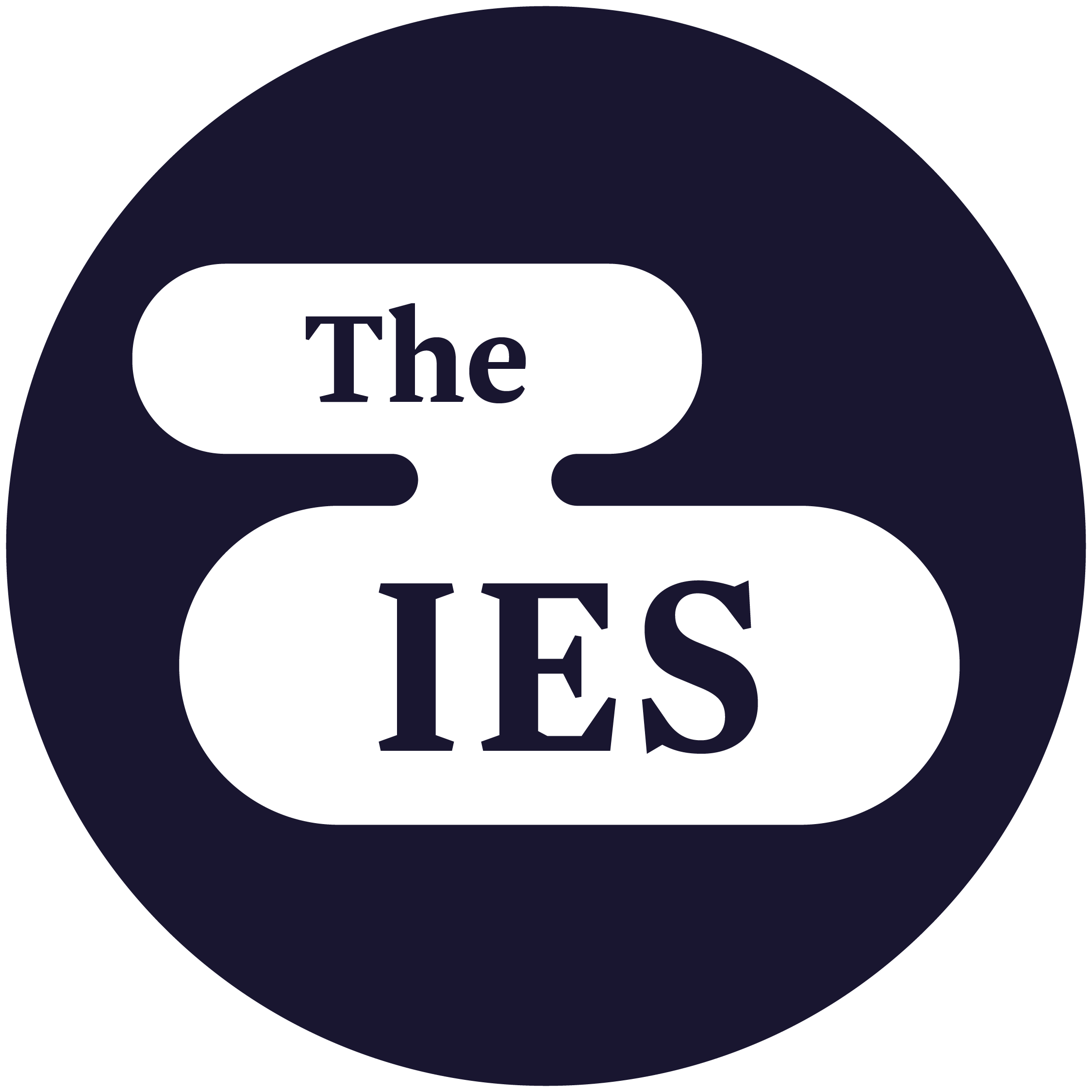Into work...at last
Ben Richardson, a recent graduate and Associate Member of the IES, writes about his experiences of finding work and the IES careers support.
I’ll always remember the first time I was rejected for a job after finishing university. I had applied to work on the counter at Screwfix Direct; I had the experience in retail and construction and saw it as a stop gap to gain an income whilst applying for other jobs. It would be the first of many rejections.
I graduated from the University of Plymouth with a BSc (Hons) Environmental Science (Biodiversity and Conservation) six months ago and have been searching for a job ever since. University is a great time of your life, but it does lead students to believe that companies are desperate to give you a job! Two weeks after leaving university it became apparent that I had entered the real world and this isn’t how it works.
I began by applying for jobs in the local area through job websites, both environmental and mainstream. I then posted my CV onto a range of websites. But I was suffering repeated rejections whether it was for an office position, within the environment sector, retail and even voluntary positions! I would spend hours on application forms only to fall at the first hurdle. After the jubilation of graduating from university these were some very low points.
After a solid month of applying I managed to attain a part-time job in a shop (only because I had worked there previously), whilst working in the bar at Goodwood Racecourse (because my Dad knew they were looking for people) and volunteering for The Hampshire and Isle of Wight Wildlife Trust. This combination would suffice in the short term in providing an income and some experience, but all the while I wasn’t getting responses to other appliications. After being rejected from a particular job I felt was interesting and believed I was well suited for I decided to look at other ways to expand my experience.
I sought advice from a number of people, through friends and via email, on other avenues to investigate. Some I had heard of before and others were new to me. I signed up to more job websites for email alerts. I sent out emails with CVs to companies requesting any line of work unpaid or paid as well as attending local events such as GreenDrinks, informal sessions for environmental professionals. All this enabled me to increase my profile and meant people remembered me and that I was job searching. But there was so much more I could do!
Many of you will know of or be on LinkedIn and how it is a great way of networking, an essential skill in today’s world. We’re often told “it’s not what you know, but who you know” and I joined LinkedIn for that exact reason: to promote myself in the business world. Within three days I was offered an interview. I wasn’t successful but it was an interview nonetheless. I soon began to realise it was a case of not just having a degree but of making your CV stand out and so decided to explore other avenues of promotion. I applied for licenses, upgraded my memberships of my current institutes and joined a new one: the Institution of Environmental Sciences.
I was already a member of other institutes and had used their services in terms of workshops. Being a graduate qualified me to become an Associate Member of the IES. Upon joining I began receiving emails about their careers support services, including a mentoring scheme and a CV clinic. At this stage I had had two interviews, over 100 job rejections and was still doing the same jobs as before. I decided to take advantage of these two schemes.
Throughout college and university mentoring was promoted as a guiding hand to younger students but was something with which I had never been involved. However having received some good advice from other people in the industry I thought it would help to be mentored. So I filled out the application and was promptly contacted informing me I had a match and how to get in contact. I was matched with Jim Tough, a principal consultant for BMT Isis. Jim and I had a lot of communication and met up to discuss how I could break out of the graduate mould and into the business mindset, and successfully convey that in my CV, cover letter and interview. I can safely say without this invaluable insight and help I wouldn’t have been successful in my interviews and job applications. Jim offered advice on how to make my cover letter and CV bespoke and professional. This helped me get to an interview. We then chatted about interview techniques and what the best way to approach them. Without the mentoring scheme I wouldn’t have had that help from Jim.
At the same time I sent my CV to the IES’ CV clinic in hope of a few pointers about how to improve it. I received lots of suggestions and incredibly helpful information to really boost my CV and I drastically overhauled my CV and sent it back for the second stage, where an environmental experts input. They could only pick out one or two points that they would change. My CV was ready! I applied for two jobs and was shortlisted for interviews for both. Unfortunately one company decided that the economic climate was too unstable to be taking anyone on, but success at last because the other company offered me a position!
I have now moved to Rugby and am on a graduate scheme working for DHL Envirosolutions. There were over 500 applicants for the positions and I was one of seven to be taken on. Not bad for someone who couldn’t even get an interview six months ago.
Without the help of IES, the CV clinic and my Mentor Jim I think I would still be looking now. I can only say to anyone who is in the same position to keep trying. Join LinkedIn, join the IES, use the services they offer, create networks, sign up to every environment job website but most of all keep going. It’s a tough old world out there at the moment as long as your doing everything that you can, you will succeed.
Find out more about IES careers support for members seeking work.


